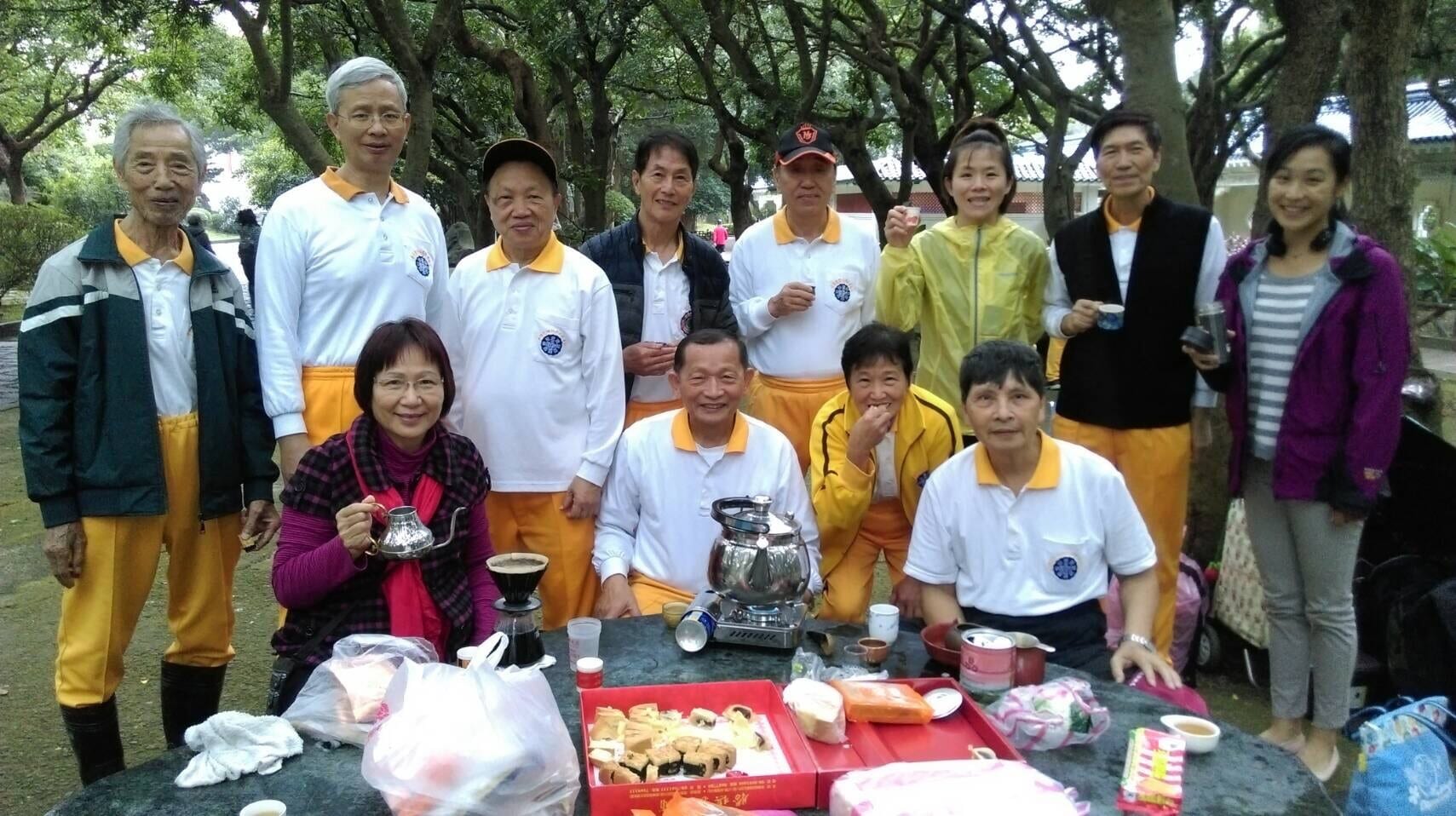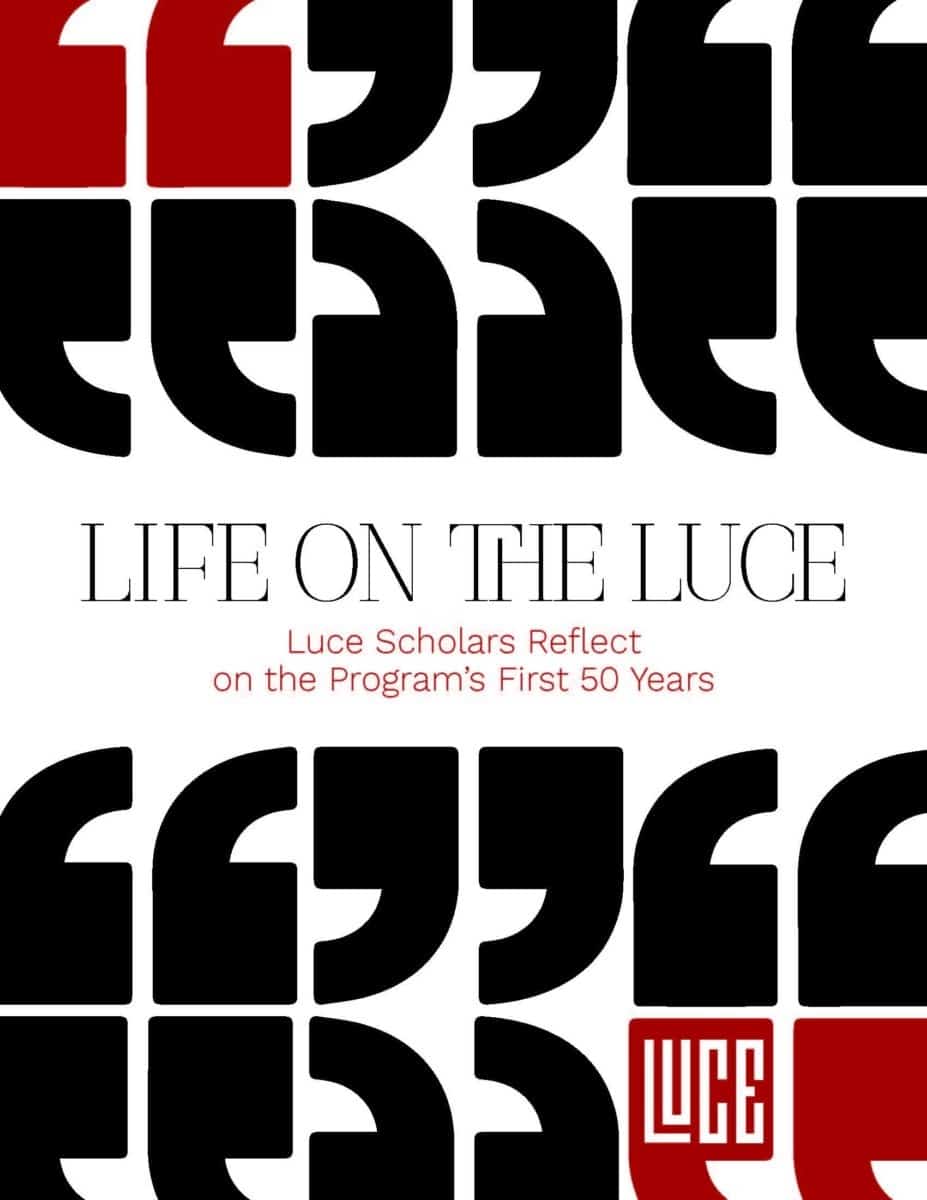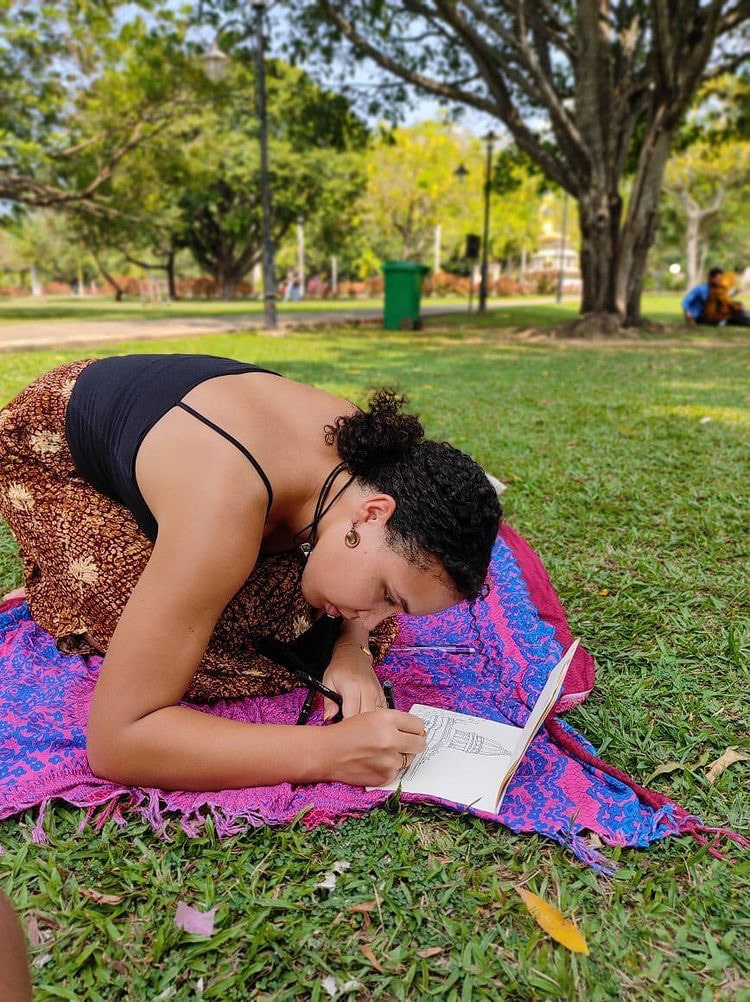“In most departments, patients undress so doctors can examine their bodies. Our patients go beyond that; they open their hearts to us, so we can examine every facet of their lives.”
Dr. Tzung-Jeng Hwang, my mentor in geriatric psychiatry at National Taiwan University Hospital (NTUH) this year, is an expert in dementia and schizophrenia. He took the time to say these words to me, but it is through his actions, as well as those of Dr. Jen-Hau Chen, my mentor in geriatric and internal medicine, that I have come to appreciate a great privilege: the trust of strangers. Observing Dr. Hwang and Dr. Chen at NTUH, I have had the opportunity to see all sorts of people. Their individual narratives have given me surprising insights about Taiwanese culture, and they have shaped my plans with my research mentor, Prof. Karen Chen, at the School of Public Health. They have been a unique, irreplaceable part of this year.
Taiwanese culture is in the midst of rapid change, and there’s no better way to stay updated than by observing the people. For instance, arriving in Taiwan in June, I was curious and excited to learn about the competition and complex interactions between traditional Chinese medicine, Western biomedicine, and shamanism, which I had read about in Arthur Kleinman’s book from the 1980s, Patients and Healers. Little did I know that with the introduction of National Health Insurance in 1995, preferences have noticeably shifted. Now, most people in Taiwan visit hospitals and clinics practicing Western medicine.
Nothing could have made this clearer to me than a recent case in Dr. Hwang’s psychiatry office. A woman came in, seemingly calm, but grew restless by the minute, eventually leaping out of her chair and pacing around the small space. It turned out that she not only had anxiety and obsessive compulsive disorder, but also religious delusions and auditory hallucinations—she began to talk as if she were possessed by a spirit during her patient interview. To make things even more interesting, she was brought in by her elderly father who was actually a retired shaman. At Dr. Hwang’s recommendation, he agreed to hospitalize her. A shaman seeking out healing for his own “possessed” daughter at a psychiatry clinic—the puzzle lingered in my mind for a long time.
Staying abreast of cultural changes can be challenging, but keeping up with current research has been equally difficult. That’s why I’ve changed my research topic twice in the four months I’ve been in Prof. Chen’s Lab of Geriatric and Genomic Epidemiology Research. At first, it was a meta-analysis of quality of life (QOL) for dementia patients. Then, after realizing that had already been done, I switched to a systematic review of religion and dementia. But a couple weeks into that topic, I was surprised to find a study published just last year. It was thus, with an open (or should I say empty) mind, that I flew to Singapore to attend the Duke-NUS Centenarians Conference (shout-out to my Luce sister Elizabeth Linton for organizing it!). Returning to Taipei just in time for the International Psychogeriatric Association Asian Regional Meeting in Taipei (which I helped Dr. Hwang organize), I was able to make a list of research gaps from both conferences.
In order to choose one of these topics to focus on, I looked to Dr. Chen’s geriatric patients. There was one common theme: almost every one of them lived with and was brought in by his or her grown children. Most elderly Taiwanese remain passive, and their family speaks and makes medical decisions for them. It is very normal for patients not to come into the clinic at all, instead having their children report their active symptoms to Dr. Chen. We’ve seen countless sons and daughters, clearly burnt out, confused, or overwhelmed by the task of caring for a parent with dementia. They were the ones who drove me to settle on my current research topic. Now, I am trying out a narrative review of QOL and the burden of family caregivers of dementia patients.
Patients and family members can tell from my short white coat that I’m a student, but they probably don’t realize just how much I’m learning from them. The insights and relationships I’ve built outside the hospital, whether shaking and doing Tai Chi with elderly in the park, going on tangents with my Chinese and Taiwanese tutors, singing with church friends in Taipei, or visiting other towns and countries with fellow Luce Scholars, all seem to connect with lessons from work, too. I look forward to six more months of strengthening connections, seeking out adventure, and never taking open hearts for granted.


